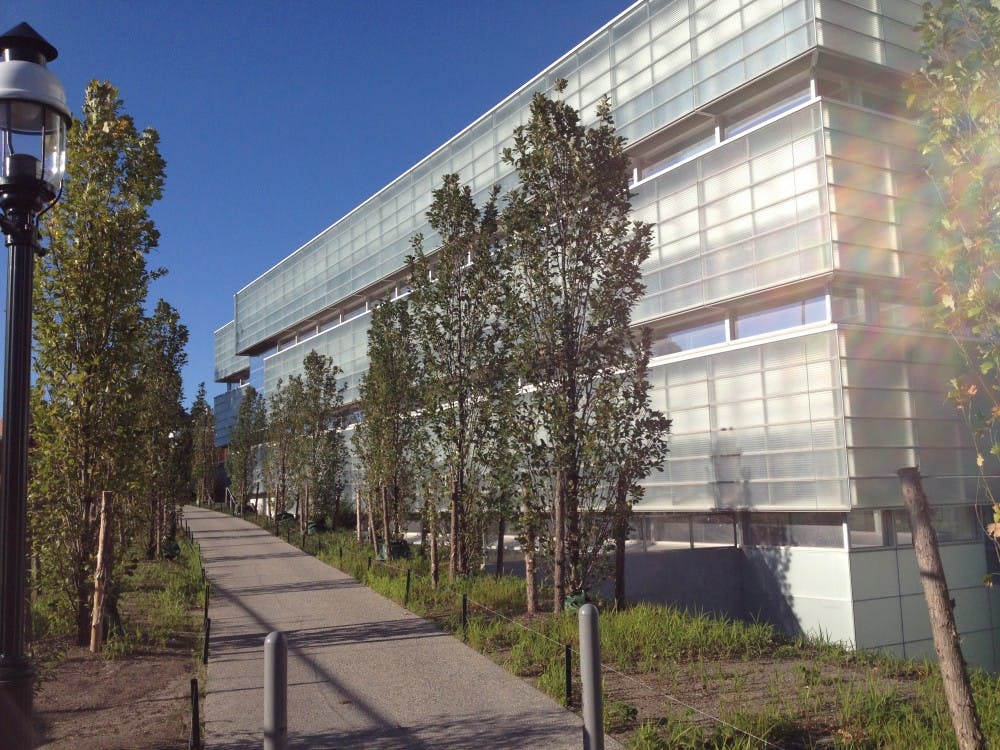U. debate on threat posed by climate change grows hot
The threat posed to humanity by climate change is questionable, University physics professor William Happer GS '64 said in a talk Thursday at the physics department's monthly colloquium. Happer's comments came in response to anannual report on the state of climate changereleased by theUnited Nations Intergovernmental Panel on Climate Change in September, with whose findings he disagreed.Two weeks earlier, Happer had shared the same views at atalk celebrating Institute for Advanced Study physicist Freeman Dyson’s 90th birthday. Happer’s criticism of the link between greenhouse gases and carbon dioxide contributing to global warming has been a point of contention among the academic community, including his peers at the University. In his Thursday discussion, titled “Why Has Global Warming Paused?”, Happer directly challenged the IPCC report that supported the link between human greenhouse gas emissions and global warming.Contrary to the report, Happer said that increased carbon dioxide emissions would not pose a problem for humanity. Over the past 15 years, temperatures have not risen as high as scientists, including himself, have predicted, Happer pointed out.






